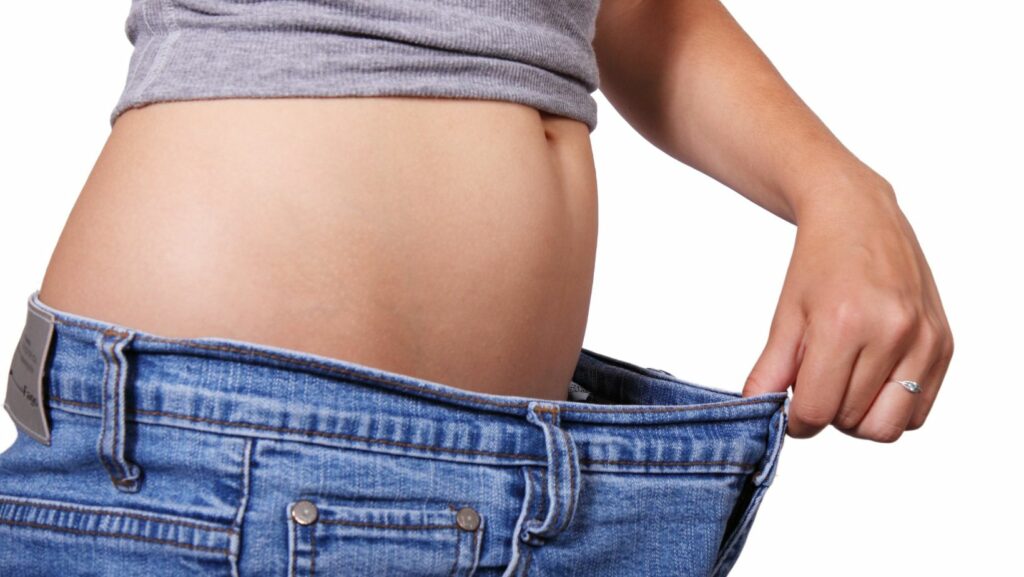10-day Detox Diet Food List
A detox diet involves a specific period of consuming nutrient-dense foods to eliminate toxins from the body. It focuses on removing harmful substances while replenishing the system with essential nutrients.

The primary goal is to support the body’s natural detoxification processes by aiding organs like the liver and kidneys in filtering out toxins. By following a detox diet, individuals aim to boost energy levels, improve digestion, and promote overall wellness.
The 10-day Detox Diet Food List aims to reset the body by eliminating processed foods, sugar, caffeine, and alcohol while increasing intake of whole foods like fruits, vegetables, lean proteins, and whole grains. This short-term program helps jumpstart healthier eating habits, reduce inflammation, and promote weight loss. By adhering to the 10-day detox plan, individuals may experience increased energy, clearer skin, improved mental clarity, and enhanced immune function.
Essential Foods for a 10-Day Detox
Eating a variety of fruits and vegetables is essential during a 10-day detox. They are rich in antioxidants, vitamins, and minerals that support the body’s detoxification process. Examples include leafy greens like spinach and kale, colorful berries such as blueberries and raspberries, citrus fruits like oranges and lemons, and cruciferous vegetables including broccoli and cauliflower.

Whole grains and legumes are excellent sources of fiber and plant-based proteins needed for a successful detox. Quinoa, brown rice, lentils, and chickpeas are great options to include in meals. Fiber aids digestion and helps remove toxins from the body, while protein supports muscle repair and metabolism. These foods provide sustained energy levels throughout the 10-day detox period.
Incorporating nuts, seeds, and healthy fats into the 10-day Detox Diet Food List is crucial for overall well-being. Almonds, chia seeds, flaxseeds, avocados, and olive oil are examples of nutritious sources of healthy fats. They provide essential fatty acids that support brain health, reduce inflammation, and promote satiety. Including these foods in the detox plan helps maintain a balanced diet and supports long-term health goals.
What to Avoid During Your Detox
Processed foods and sugary treats should be strictly avoided during a detox. These items often contain artificial additives, preservatives, and refined sugars that can hinder the body’s cleansing process.

By eliminating processed foods like chips, cookies, sodas, and sugary desserts, individuals can support their detox goals and reduce the intake of excess calories and unhealthy fats. Instead, opt for whole, natural foods to support your body’s natural detoxification mechanisms effectively.
Alcohol and caffeine can be detrimental to a successful detox due to their dehydrating and acidic nature. These beverages can burden the liver and kidneys, which are crucial organs for detoxification. By avoiding alcohol and caffeine during the detox period, individuals allow their bodies to focus on eliminating toxins and waste more efficiently. Dairy and meat products are often sources of saturated fats, hormones, and antibiotics that can impede the detoxification process. By avoiding dairy products such as milk, cheese, and butter, as well as meat products like red meat and processed meats, individuals can reduce their intake of potentially inflammatory substances.
Tips for Success on the 10-day Detox Diet Food List
Hydration plays a crucial role in supporting the body’s detoxification processes. It helps flush out toxins and waste products, keeping the organs functioning optimally.

During the 10-day Detox Diet Food List, it’s essential to stay well-hydrated by drinking at least 8-10 glasses of water daily. Herbal teas and infused water with lemon or cucumber are also great choices to add flavor without extra calories.
Managing hunger and cravings is key to successful completion of the 10-day Detox Diet Food List. To curb hunger, focus on consuming fiber-rich foods like vegetables, fruits, and whole grains that keep you feeling full for longer periods. Incorporating healthy fats such as avocados, nuts, and seeds can also help stabilize blood sugar levels and prevent cravings. Additionally, having regular small meals and snacks throughout the day can maintain energy levels and prevent overeating during meals.

